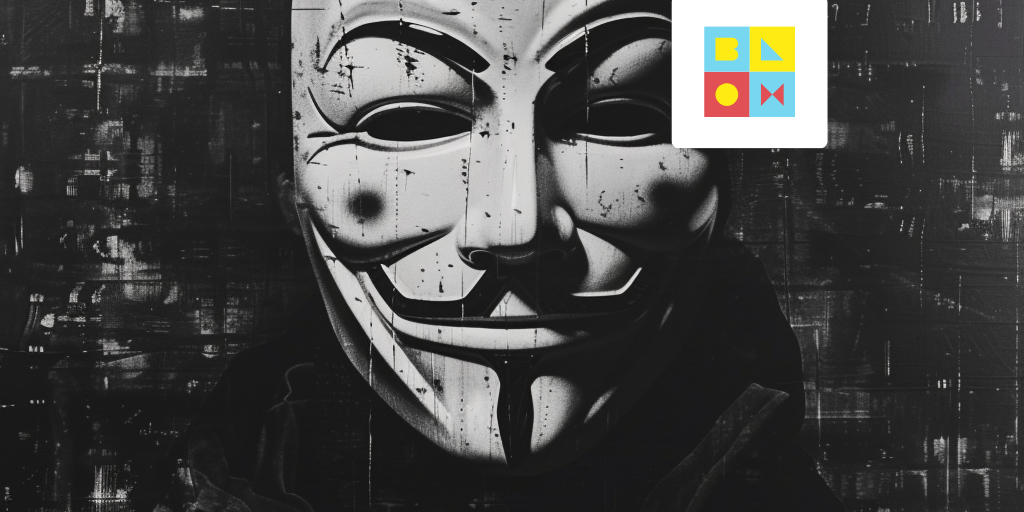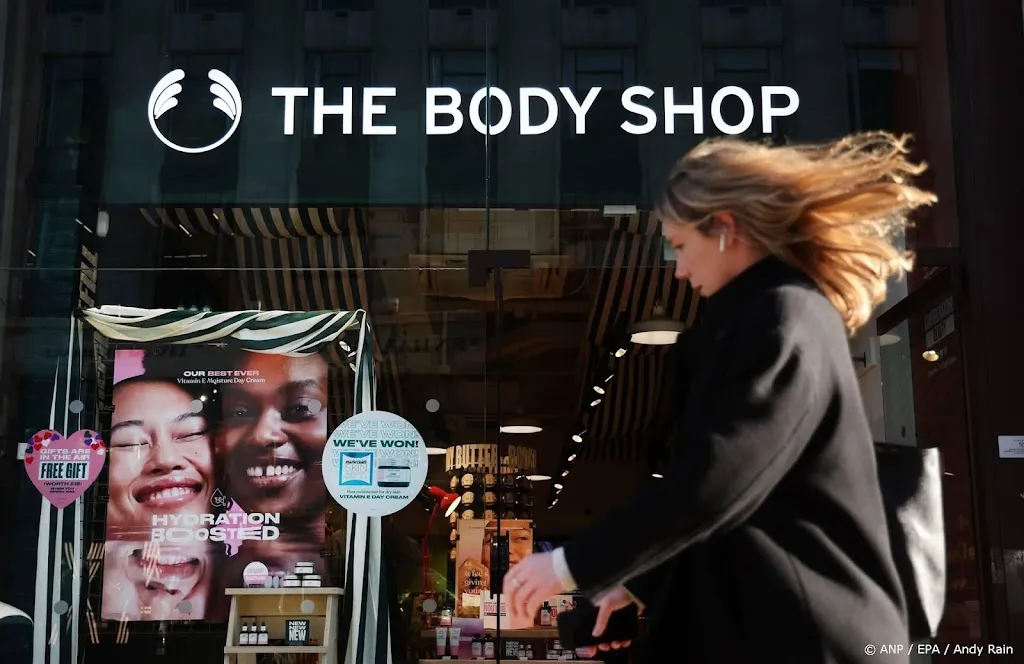The method by which the British government wanted to use to expel demonstrators during the coronation of King Charles has generated much debate. Britain’s Secretary of Security wants to make demonstrations more difficult and impose harsher penalties on demonstrators who do more than express their opinion.
The law had been in the making for some time, but was handled by parliament in no time. Just in time for coronation day next Saturday, and it has something to do with Extinction Rebellion according to British correspondent Lia van Bekhoven. “They are blocking highways, among other things, so in the last few months there has been a debate about a stricter approach and making demonstrations more difficult.”
“Any protester causing disturbance can assume that the police have the right to arrest a protester.”
The difficulty lies primarily in the higher sentences, explains Van Bekhoven. Protesters who try to block something, or shout something, risk up to 12 months in prison. ‘In fact; any protester causing disturbance can assume that the police have the right to arrest a protester.’
Freedom of speech
That seems to conflict with the right to freedom of expression, and therein lies the point. As an example, Van Bekhoven cites a demonstrator who was arrested for holding an anti-monarchy sign. “That’s enough to pick him up.”
Although it has generated a lot of discussion, the sting seems to be out for now. According to Van Bekhoven, this is because the law was made a long time ago. “The discussions have actually taken place,” he said, referring to some of the restrictions on civil liberties under Boris Johnson. This also includes the right to demonstrate. The reason they are in a rush now is for the coronation – many Britons object to the law but can imagine that with so many heads of state expected on Saturday it would be necessary to pass such a bill.’
Read also | The Windsor deal is not a deal yet, enthusiastic though it is
He emphasized that it is not entirely forbidden to demonstrate in Great Britain, “but British authorities prefer anti-monarchists to stay at home, and many Brits agree with that,” concludes Van Bekhoven.

“Incurable alcohol fan. Proud web practitioner. Wannabe gamer. Music buff. Explorer.”







